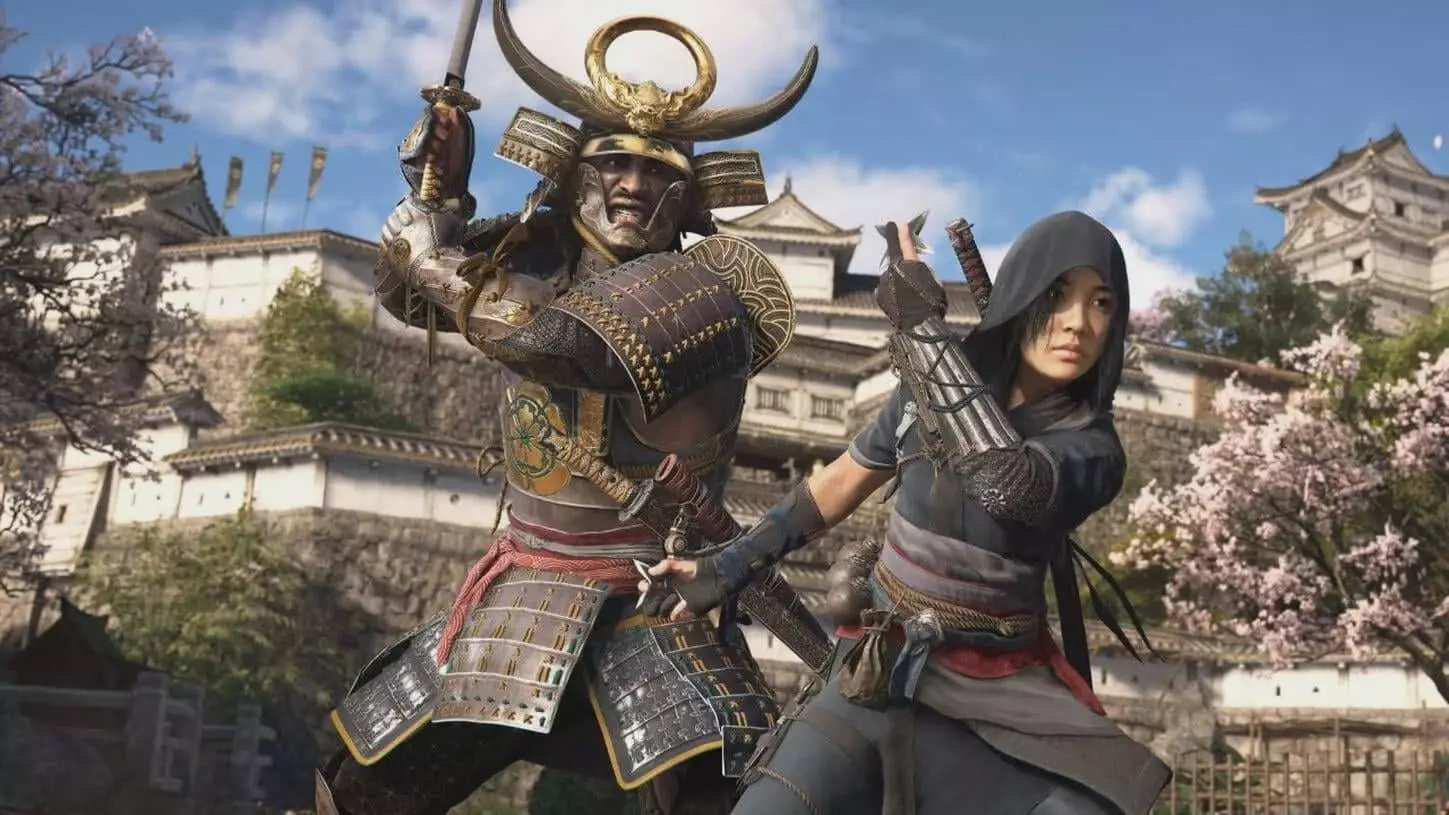Ubisoft’s announcement to postpone the release of Assassin’s Creed Shadows to February 2025 marks a significant moment for the gaming company. The delay, intended to refine the game further, underscores the industry’s growing emphasis on quality over speed. This decision appears to stem from lessons learned following the lukewarm reception of Star Wars Outlaws, prompting Ubisoft to reassess its development and release strategies. Such adjustments suggest a broader industry trend where developers recognize the high expectations of fans and the necessity to meet them with polished products.
Impacts on Release Strategy
One of the most notable changes accompanying the delay is the shift away from traditional Season Pass mechanics. Historically, players who purchased Season Passes gained early access to games, creating a tiered experience that could alienate sections of the fanbase. By opting to release Assassin’s Creed Shadows to all players simultaneously, Ubisoft is fostering a more inclusive gaming environment. This strategy not only ensures equity among players but also aligns with current trends favoring direct access and community engagement. Additionally, the decision to offer the first expansion for free to preorders is a clever move aimed at incentivizing early purchases while enhancing player satisfaction.
Return to Steam
Ubisoft has also made a noteworthy commitment to reintroduce day-one releases on Steam, a platform that caters to a vast audience. This move signifies a return to traditional distribution practices, opening the door for broader player engagement and community building around its games. By addressing accessibility and inclusivity in this manner, Ubisoft is making strides to rebuild trust with its gamer base, potentially leading to higher sales and a more sustainable long-term relationship with players.
Amidst these operational shifts, Ubisoft is also recalibrating its financial aspirations. The expectation of net bookings of around €1.95 billion reflects a cautious but ambitious revaluation of the company’s goals. Given the underperformance in the second quarter, which CEO Yves Guillemot characterized as “falling short” of expectations, it’s clear that Ubisoft is taking active steps to realign its strategies. The pivot towards a gameplay-first approach signals a commitment to prioritizing player experience, which could foster increased loyalty and better sales outcomes in a competitive marketplace.
Ubisoft’s introspective reevaluation of its operations may serve as a catalyst for transformative change in the gaming industry. The affirmation from management emphasizes that while there are challenges, there is also a renewed commitment to producing high-quality games that cater to a diverse audience. The evolving model not only places emphasis on efficiency and streamlined processes but also reasserts the company’s position as a player-focused organization. This shift in practices could ultimately dictate the company’s future trajectory, enabling it to navigate the complexities of a rapidly changing gaming landscape while striving to captivate its audience effectively.
With its strategic delay of Assassin’s Creed Shadows and restructuring of release models, Ubisoft is setting the stage for a more integrated and player-centric approach, promising potential benefits for both the company and its gamers.

